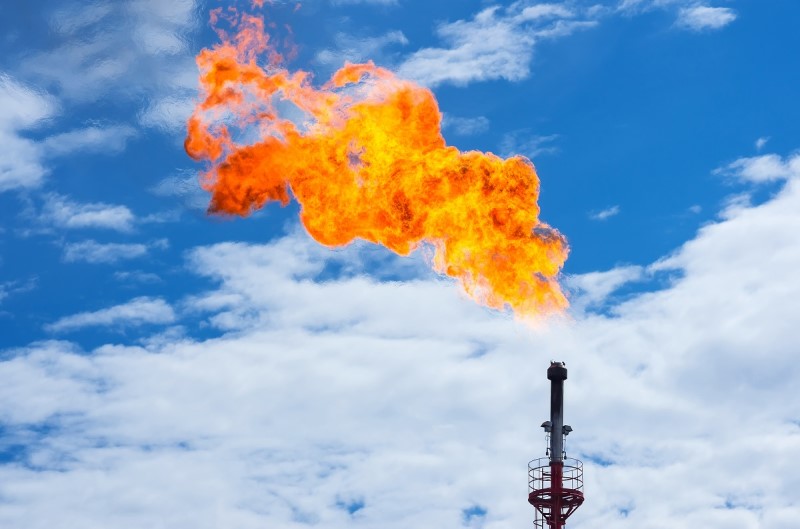September 2020, Vol. 247, No. 9
Features
EPA Drops Methane Emissions Rule
P&GJ Staff Report
The U.S. Environmental Protection Agency (EPA) announced it is dropping rules established in 2016 to limit methane emissions from oil and gas production and pipelines, a move that was applauded by the American Petroleum Institute but may have little effect on much of the industry.
EPA Administrator Andrew Wheeler made the announcement at an event in Pennsylvania a beneficiary of growing Marcellus Shale natural gas production. Wheeler, who was joined by Deputy Secretary of Energy Mark Menezes and U.S. Congressman Guy Reschenthaler, used the mid-August event to highlight the Trump administration’s support.
“Regulatory burdens put into place by the Obama-Biden Administration fell heavily on small and medium-sized energy businesses” Wheeler said. “Today’s regulatory changes remove redundant paperwork, align with the Clean Air Act, and allow companies the flexibility to satisfy leak-control requirements by complying with equivalent state rules.”
The Trump administration is eliminating the twice-yearly requirement set in 2016 for companies to inspect for methane leaks at well sites, pipelines, compressor stations and storage tanks. Operators will still have to check equipment for leaks of smog-forming compounds at some higher-producing sites, but producers won’t have to inspect pipelines or downstream equipment anymore.
“As someone born and raised in southwestern Pennsylvania, I have seen firsthand the impact of the natural gas renaissance on our communities, including tremendous job creation and unprecedented wage growth,” Reschenthaler said.
States and environmental advocacy groups immediately threatened lawsuits to block the change, including California Attorney General Xavier Becerra, who said the action is “not only negligent, it’s unlawful.”
The methane rollbacks were welcomed by many smaller, independent operators who cited high costs for compliance and hailed the changes as important to their survival. But some large energy companies, including oil majors Shell, BP and ExxonMobil, opposed a rollback because they already have established plans to reduce methane emissions that are more stringent than the EPA rule required.
Natural gas distributors mostly stayed out of the fray. The 2016 methane regulations did not include emissions from local distribution systems, which declined 73% from 1990 to 2018. Distribution systems owned and operated by local natural gas utilities emit only 0.08 percent of produced natural gas.
That improvement reflects ongoing efforts by natural gas utilities to upgrade their pipeline networks to enhance safety, which has contributed significantly to a declining trend in emissions from gas distribution systems.






Comments